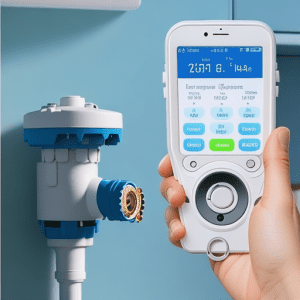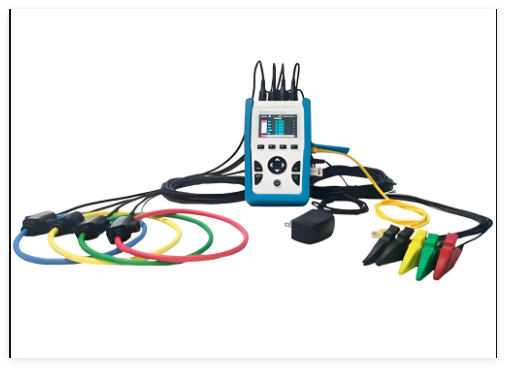How can smart home systems help save water resources?
When it comes to how smart home systems can help save water resources, this is undoubtedly a topic that deserves our deep reflection.

Firstly, let us introduce the importance of water resources with the ancient saying, “Water can carry a boat, but it can also overturn it.” Water is the source of life, but with the growth of the global population and the progress of industrialization, the scarcity of water resources has become a global issue. According to the United Nations, approximately 40% of the world’s population lives in areas where water resources are scarce. Therefore, the emergence of smart home systems is precisely to meet this challenge.
Smart home systems, by integrating advanced sensors, data analysis, and automated control technologies, can achieve precise management of household water use. For instance, smart water meters can monitor the water usage in real-time, and if abnormal flow is detected, the system will automatically issue an alert, reminding users to check for leaks or other issues. This timely feedback mechanism can greatly reduce the waste of water resources.
Moreover, the smart irrigation systems within smart home systems can automatically adjust the amount of irrigation according to the growth needs of plants and soil moisture, avoiding the waste of water resources caused by over-irrigation. Data from the International Water Resources Management Association shows that smart irrigation systems can save up to 30% of irrigation water.
Furthermore, household appliances such as smart washing machines and dishwashers can adjust the amount of water used based on actual washing needs, rather than simply operating according to a fixed pattern. This intelligent adjustment not only improves washing efficiency but also saves a significant amount of water resources.
Of course, the role of smart home systems in saving water resources goes far beyond this. By integrating more smart devices and applications, we can build a more intelligent and energy-efficient living environment. For example, smart rainwater harvesting systems can collect rainwater for non-drinking purposes in households, such as watering plants and flushing toilets, further reducing dependence on tap water.
Finally, I would like to end my sharing with a famous quote: “A journey of a thousand miles begins with a single step; a river is formed by the confluence of many small streams.” Every small saving in our daily lives, when accumulated, becomes a significant contribution to the Earth. Smart home systems are powerful tools to help us achieve this goal. Let us work together, using the power of technology to protect every drop of water resources for future generations. Thank you, everyone!



Post Comment